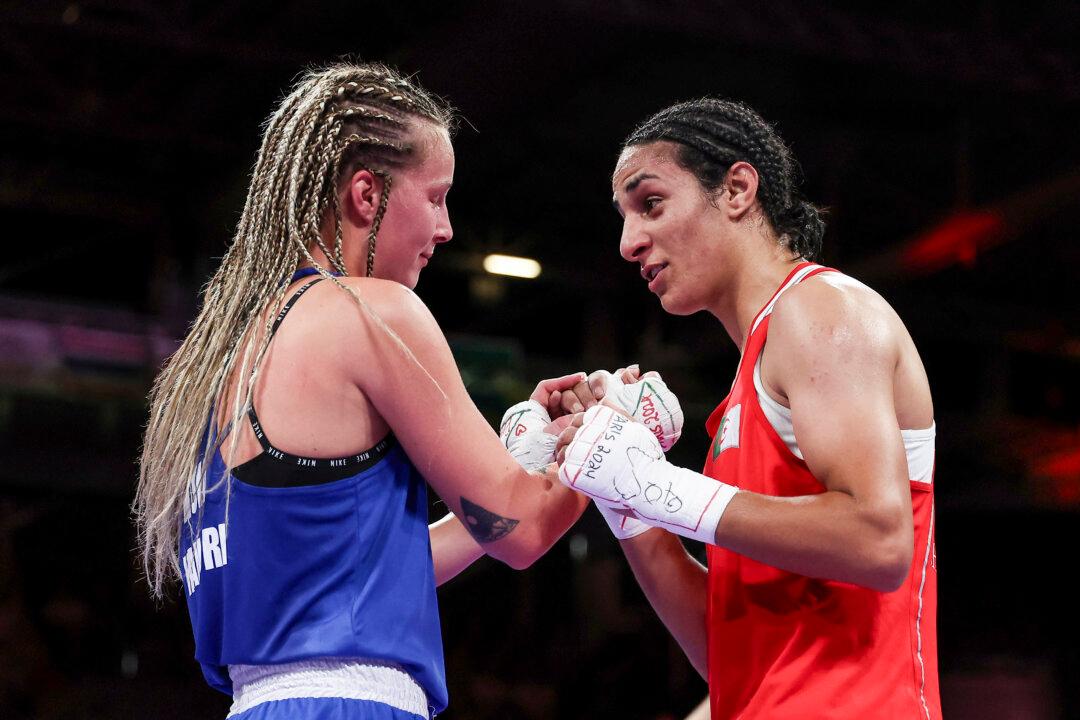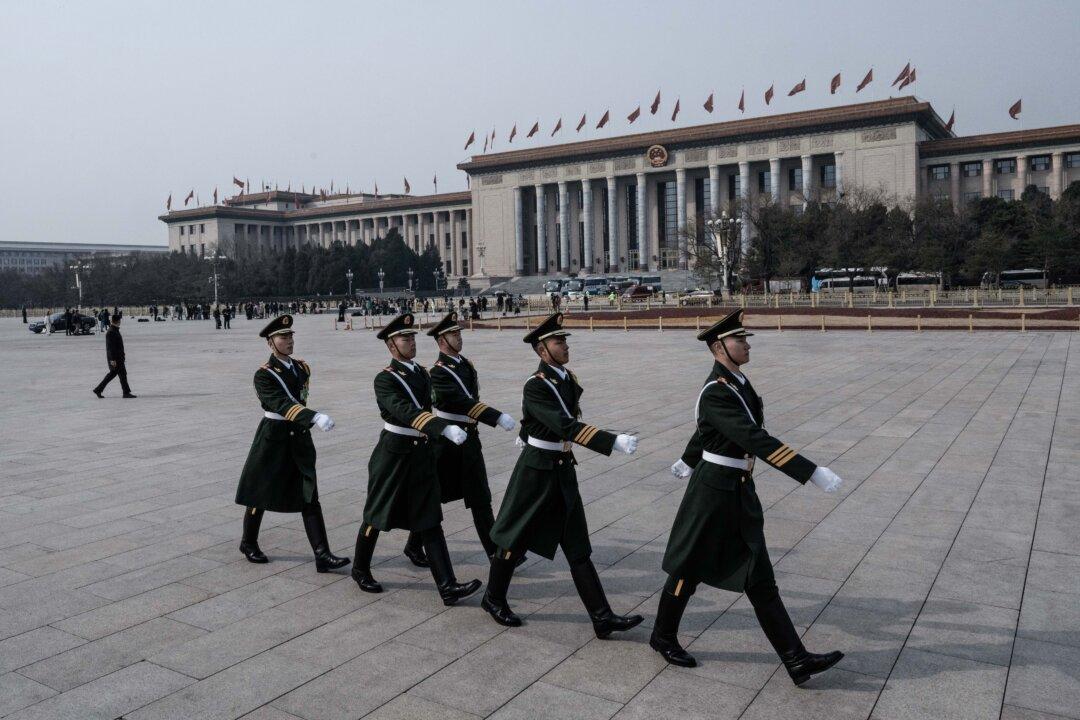As viewers and competitors celebrate medal triumphs, personal bests, and Olympic records, the 2024 Paris Olympics hasn’t been without its controversies, including one involving just two of the more than 11,000 athletes participating.
Boxers Imane Khelif and Lin Yu-Ting have been caught in an ongoing dispute between Russia and the West for control of the sport, with issues over their gender and eligibility raised as part of this conflict.





